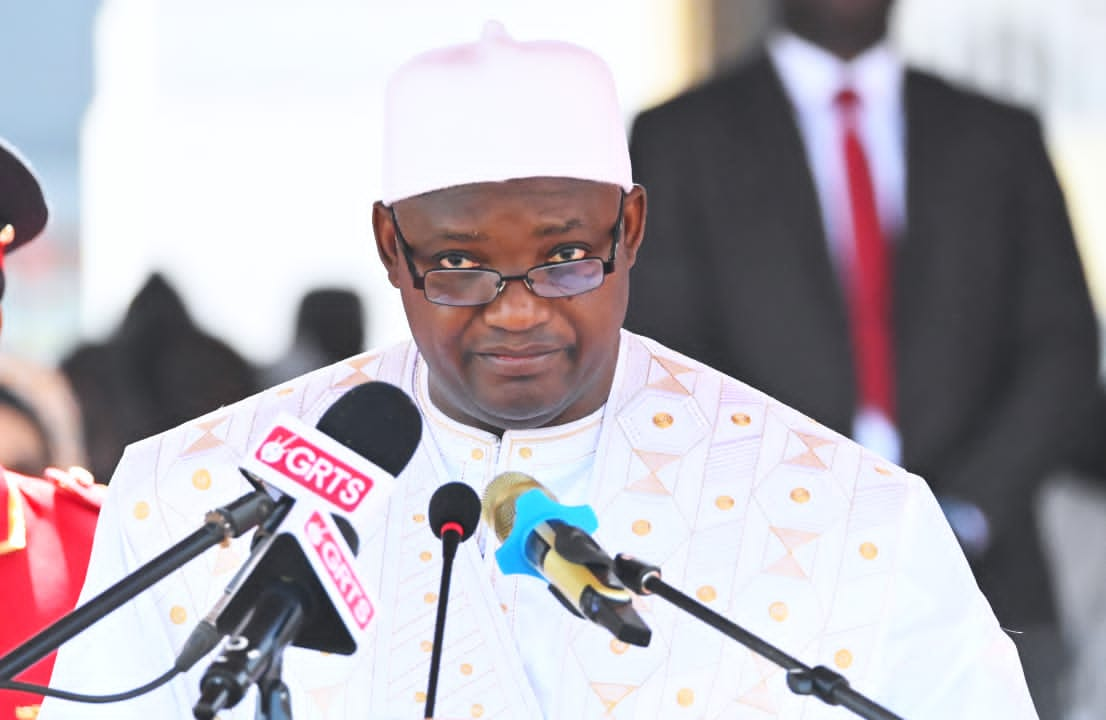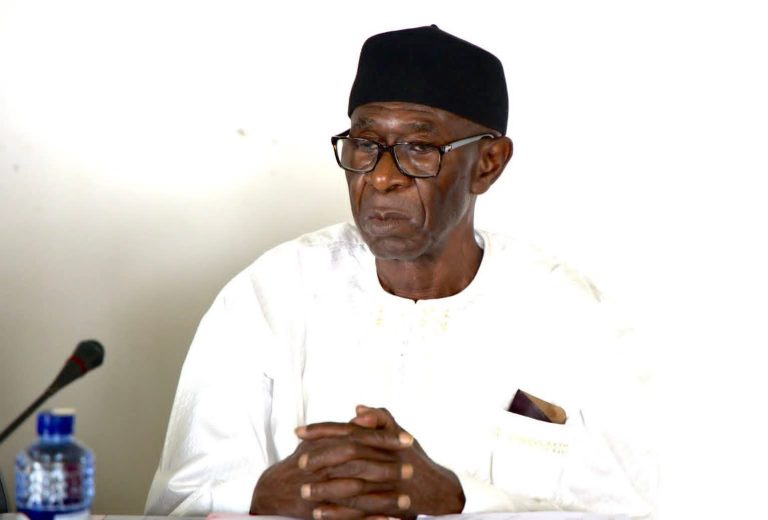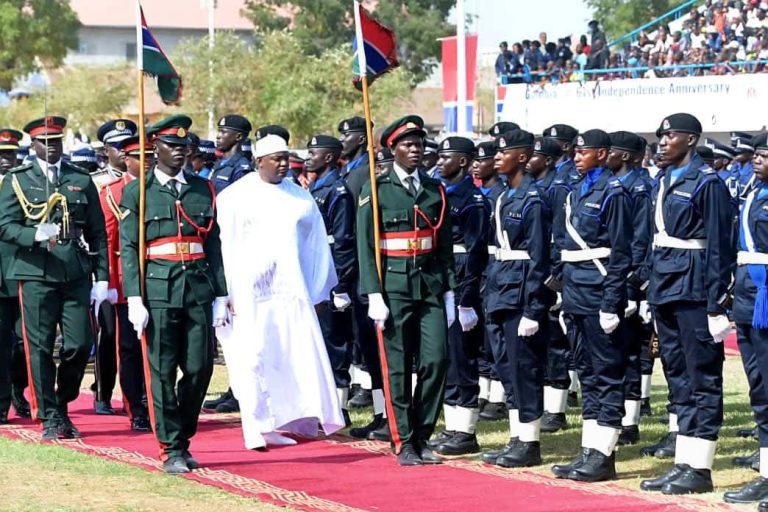
A delegation of the Alliance of Victim-Led Organisations paid a courtesy call on H.E. President Adama Barrow on Friday.
In a dialogue with the President, the victims and survivors of the 22-year rule of the previous regime demanded for justice and a speedy implementation of the TRRC recommendations, including the enactment of the Victims Reparations Bill.
In response to their quest, President Barrow said the Government is following the due procedure for implementing the TRRC White Paper, which might take a while since the Government has to follow the democratic processes. President Barrow assured the delegates that the Government’s priority is to ensure that victims’ and survivors’ health, compensation, and well-being are taken care of.
The President underscored his administration’s commitment to uphold human rights and the rule of law. He assured the victims that the Government was fully committed to implementing the Truth, Reconciliation and Reparation Commission’s recommendations that looked into the violations committed during former President Yahya Jammeh’s regime.
Mahmoud Sillah, a victim, pointed out that there were remains of the November 11th, 1994, alleged coup victims lying at the mortuary of the EFSTH in Banjul. He called for a swift forensic identification of the victims and handed them over to their respective families.
Speaking with the press, Mahmoud expressed delight over President Barrow’s remark, and he was optimistic about the outcome of the meeting.
The AVLO is an alliance of eight victims’ organisations focusing on different areas of violations such as enforced disappearances, HIV and witch hunts. The Chairperson of AVLO, Sirrah Ndow, said they were committed to continuing to fight for victims’ rights to ensure justice and accountability and promote the NEVER AGAIN slogan. President Barrow encouraged the delegates to stick together and work towards their common goal.
Massive human rights violations, including arbitrary detentions and violations, extra-judicial killings, as well as torture and ill-treatment under the former regime, have been revealed through the TRRC processes, and they continue to impact the lives and livelihood of victims, victims’ families, and the Gambian population at large.




